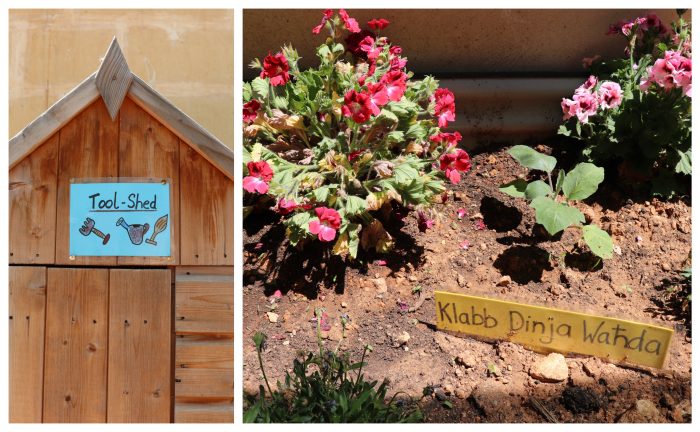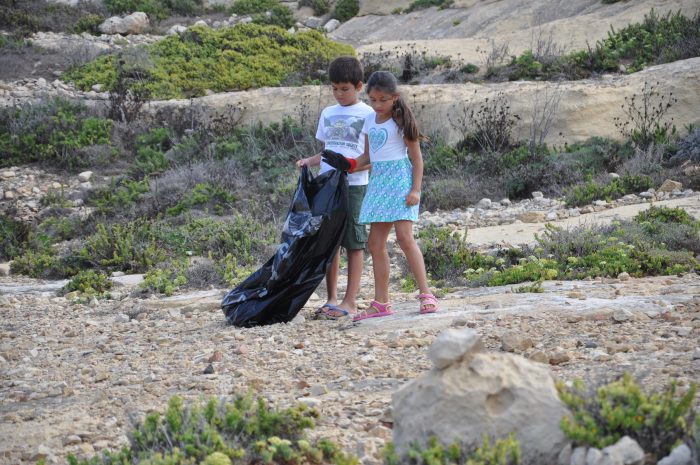Current challenges such as climate change, biodiversity loss and sustainable development stimulate a stronger sense of responsibility and emphasize the importance of education to inspire change in people’s behaviour towards sustainable lifestyles.
A new school year has started…so here are some suggestions for teachers in order to inspire awareness of the value of the environment in which we live.
Cities are not just our home but they are home to hundreds of species that share an urban ecosystem with us, whose importance for life on the planet is constantly growing. We believe that the best way to become aware of this is to observe what surrounds us through an outdoor education approach. This can be done every day by transforming schools’ courtyards into green places of multidisciplinary experience. For example, the preparation of a vegetable garden in the courtyards is a suggestion to create a real open-air classroom.
This project has the potential to become an engaging experience that accompanies children throughout the whole school year. With a garden in the school yard, children will be able to experience, through sensory games for example, small but intense emotions capable of involving them and begin to create a relationship of confidence and harmony with nature.
Children will have the possibility to approach the biodiversity and ecosystem that is created in the garden, including interaction with the animal world, between useful insects for plants and decomposers for nutrient recycling. With the supervision of the teacher they will be able to understand the role that species play within their ecosystems and how individual species can positively or negatively affect the species around them. This will give children the possibility to observe and appreciate minibeasts and the vital service they provide to the soil, plants and ourselves and it will instill in them respectfulness for all living things. In addition by giving them the possibility to plant some plants or vegetables they can have the opportunity to approach horticultural plants and their cultivation, favouring a link with the land and the territory.
To inspire values of responsibility, to lay the foundations for creating conscious citizens, we suggest to tackle the delicate issue of waste and separate waste collection together with the children. In this way they will be able to learn which is the most used packaging in our daily life (paper, plastic, glass, organic substance, etc.), touch and observe closely the raw material from which they derive, the production techniques and what is the destiny once their function is over (recycling, reuse, recovery).
With this engaging activity, children will understand that a small gesture can contribute to a better future. We should teach them that every plastic object abandoned in the environment, sooner or later, inevitably finds its way to the sea and the oceans where it can remain forever. We suggest to reveal, maybe with practical experiments, how aquatic animals are damaged by this huge problem, and ultimately, us too.
Showing them how living things depend on each other and how our behaviour affects them will lead to more conscious behaviour in the future.
By Clara Citterio, BirdLife Malta Education Assistant


